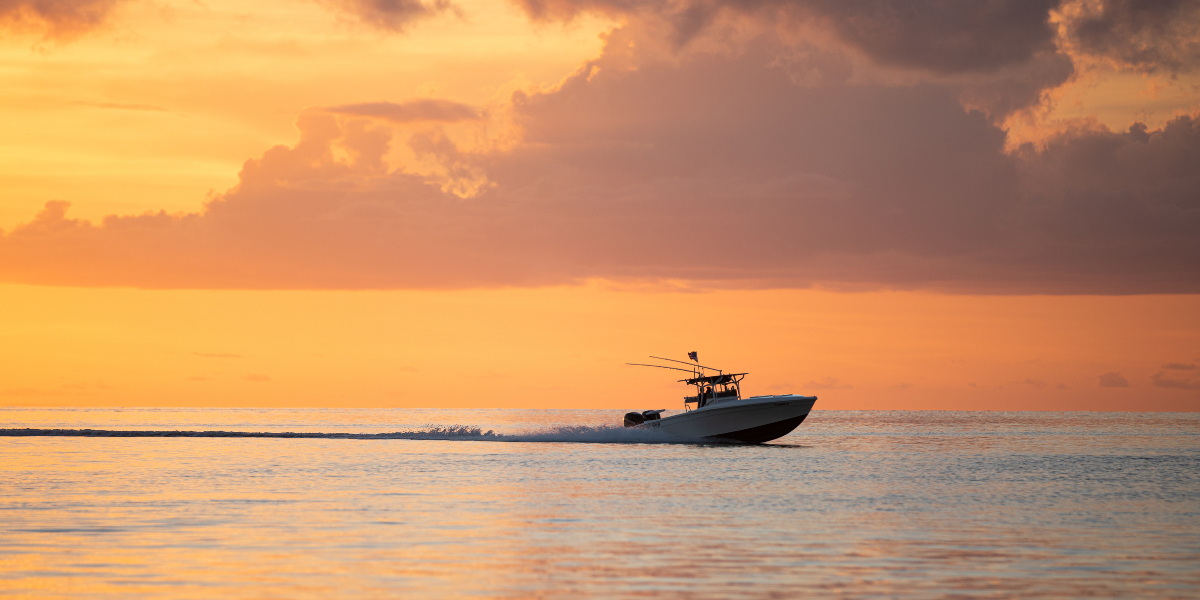
The leading cause of death in boating accidents in Florida is typically drowning. Florida's extensive coastline, numerous lakes, and warm climate make it a popular destination for boating and water-related activities. Unfortunately, accidents can happen, and when they do, drowning is often the primary cause of fatalities in these incidents. This underscores the importance of wearing life jackets, following safety regulations, and practicing responsible boating to prevent such tragedies.
With its stunning waterfront properties and abundant opportunities for boating, places like Jupiter can be a paradise for water enthusiasts. Whether you're a seasoned fisherman or a newcomer to the world of nautical adventures, safety should always be a top priority. However, a fun time can turn into a tragedy very quickly. People drown when: they fall over the side and nobody notices, are knocked unconscious and fall into the water, are accidentally left behind, and more. Let's look at essential boating safety tips to ensure that your time on the beautiful waters of Jupiter is not only enjoyable but also safe.
1. Know the Rules and Regulations
Before embarking on a day on the water, familiarize yourself with the local boating laws and regulations. This includes speed limits, no-wake zones, and specific requirements for safety equipment. Understanding and obeying these rules will help you avoid accidents and legal trouble.
2. Wear Life Jackets
Life jackets save lives, and they should be easily accessible by everyone on board, regardless of age or swimming ability. Make sure your life jackets are Coast Guard-approved and in good condition. Properly fitting life jackets are essential, so ensure they are the right size for each passenger.
3. Stay Sober
Operating a boat under the influence of alcohol or drugs is not only illegal, but also extremely dangerous. The effects of alcohol are amplified on the water, impairing judgment, reaction times, and balance. There are no lanes, no stop lights, and you're usually not surrounded by other boats, so people think they can pay less attention and take it easy. That's exactly when boating gets dangerous. Enjoy alcoholic beverages responsibly after you've safely returned to shore.
4. Weather Awareness
Florida's weather can change rapidly. Always check the weather forecast before heading out and keep an eye on the sky while on the water. If a storm approaches, seek shelter immediately. Sudden weather changes can create hazardous conditions.
5. Equip Your Boat
Ensure your boat is equipped with essential safety equipment, including life jackets, a first-aid kit, a fire extinguisher, distress signals, and a sound-producing device like a whistle. Regularly inspect and maintain this equipment to ensure it functions correctly.
6. Take a Boating Safety Course
If you're new to boating or want to refresh your knowledge, consider taking a boating safety course, or a lesson from a local captain. Those inlets can be tricky. These courses cover everything from navigation to emergency procedures and can provide you with the confidence and skills to handle various situations on the water.
7. Watch Your Speed
Speeding can lead to accidents, especially in crowded waters. Respect posted speed limits and maintain a safe speed, especially in areas with heavy boat traffic.
8. Be Mindful of Wildlife
Florida's waters are home to diverse marine life, including manatees and sea turtles. Be cautious and observe no-wake zones to avoid disturbing these creatures. It's both a legal requirement and an ethical responsibility.
9. Use a Float Plan
Before departing, let someone know your boating plans. Provide details such as your destination, expected return time, and contact information. In case of an emergency, a float plan can be invaluable for rescue efforts.
By following these safety tips, you can enjoy the aquatic wonders of our coastal paradise while minimizing risks. Safety should always be a part of the equation when creating unforgettable memories on the water. Stay safe and have a fantastic time exploring the beautiful Jupiter coastline by boat.



